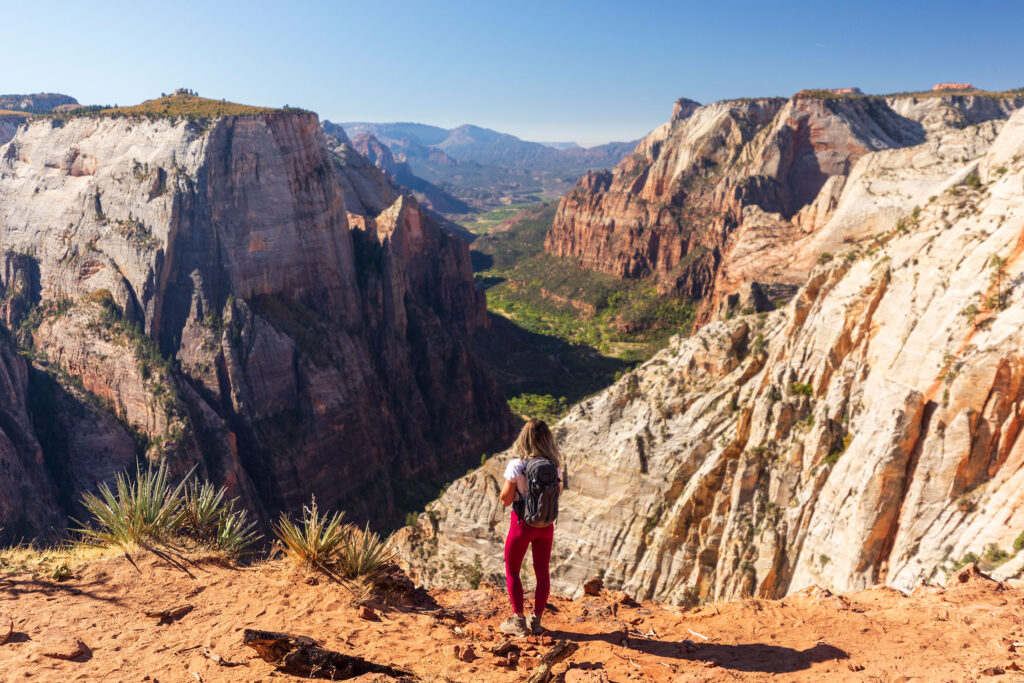Astrotourism has been an emerging travel trend for some time now, and the fascination with the night sky doesn’t seem to be slowing down. No matter if its a fascination for the unknown, a search for something bigger, or something as simple as a means to escape the frenzied news cycle, getting out and looking at the night sky has never been more popular. And a new study has revealed the the best national parks across the U.S. for stargazing. It should come as no surprise that all of them are in the West.
KÜHL analyzed five data points across U.S. national parks—stargazing event frequency, light pollution levels, Dark-Sky Park certification, maximum elevation, and campground availability—and revealed that these are the best spots to partake in astrotourism:
silvermanmediaservices/Getty Images
Great Basin National Park
According to their data, Great Basin National Park ranks as the best national park for stargazing. Tucked away in a quiet corner of Nevada, it offers one of the darkest skies in the country—earning a pristine Bortle 1 rating and a IDA Dark-Sky Park certification. (The Bortle scale is a way to measure the quality of the night sky in a location using nine different levels of light pollution.) With dozens of stargazing events a year and high-elevation views from Wheeler Peak, it’s a rare place where the night sky still feels ancient—and where you might just feel like you’ve left Earth behind.

Thomas J. Story
Death Valley National Park
We were lucky enough to do some dark sky photography out in Death Valley National Park earlier this year, and can confirm the stargazing is next level. The park comes in second according to the study, with Bortle 1 skies and a Certified Dark-Sky Park status. The great thing about the park is that there’s everything from luxe hotels to campsites to base your stay, making it easy to find solitude no matte rif you’re in the Mesquite Flat Sand Dunes or Badwater Basin, the latter of which is the lowest point of elevation in the United States.

Colton Stiffler/Getty Images
Zion National Park
Zion National Park ranked third overall, but where it really shines is their night sky programming, hosting 59 stargazing events between July and December, making it a leader in the social aspect. Though its skies are Bortle 2—not the darkest—they’re still impressively clear. With a Dark-Sky Park certification, three campgrounds, and peaks reaching 8,726 feet, Zion offers easy access to stellar views just beyond the canyon walls.

NPS/Jennette Jurado
Big Bend and Capitol Reef
Big Bend in Texas and Capitol Reef National Park in Utah are both certified Dark-Sky Parks and rank fourth and fifth respectively. Each provides remote, undeveloped terrain and Bortle 1 skies ideal for self-guided night sky exploration. And Capitol Reef is certainly less touristed than other National Parks in Utah like Zion and Bryce, making for an even more magical experience.
